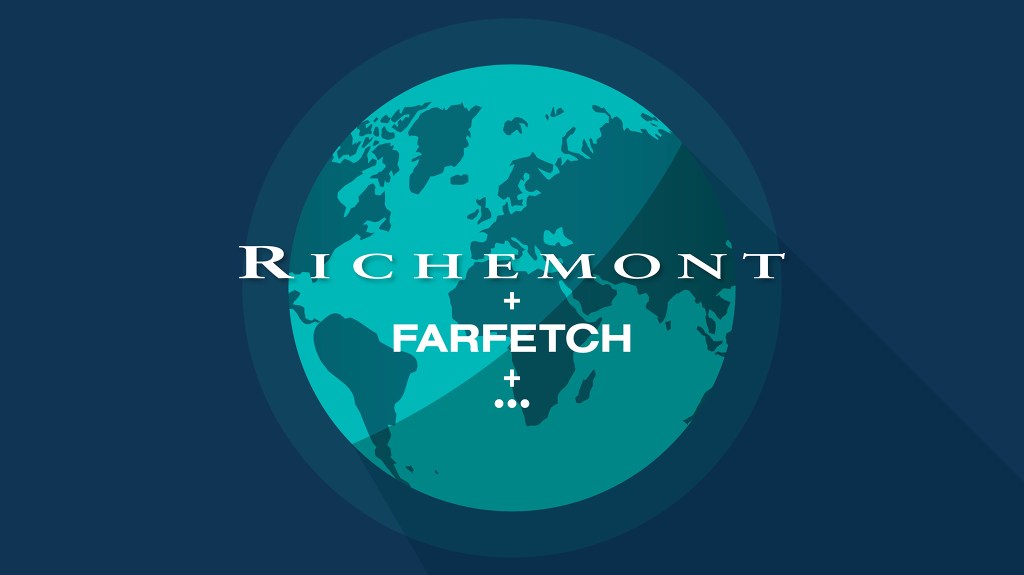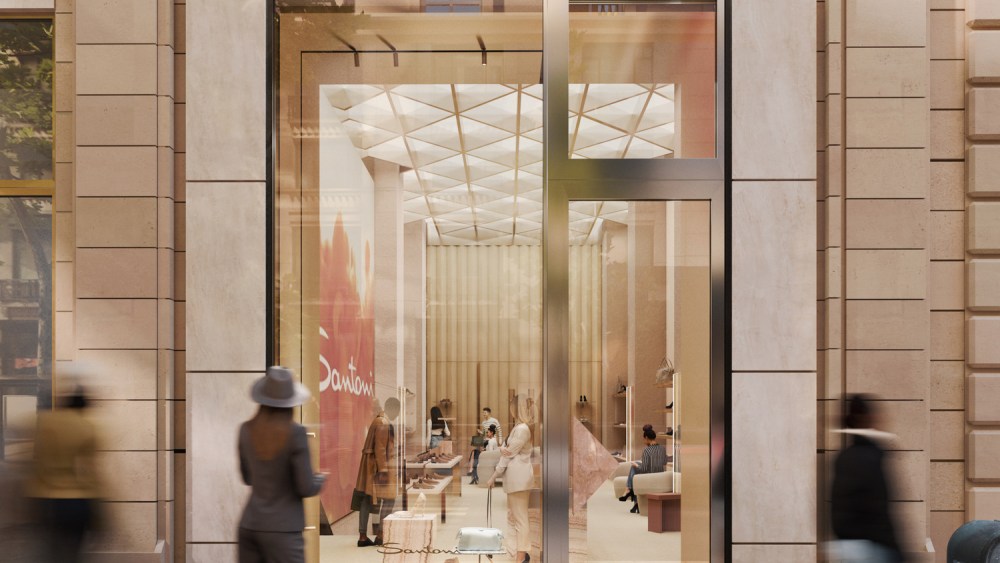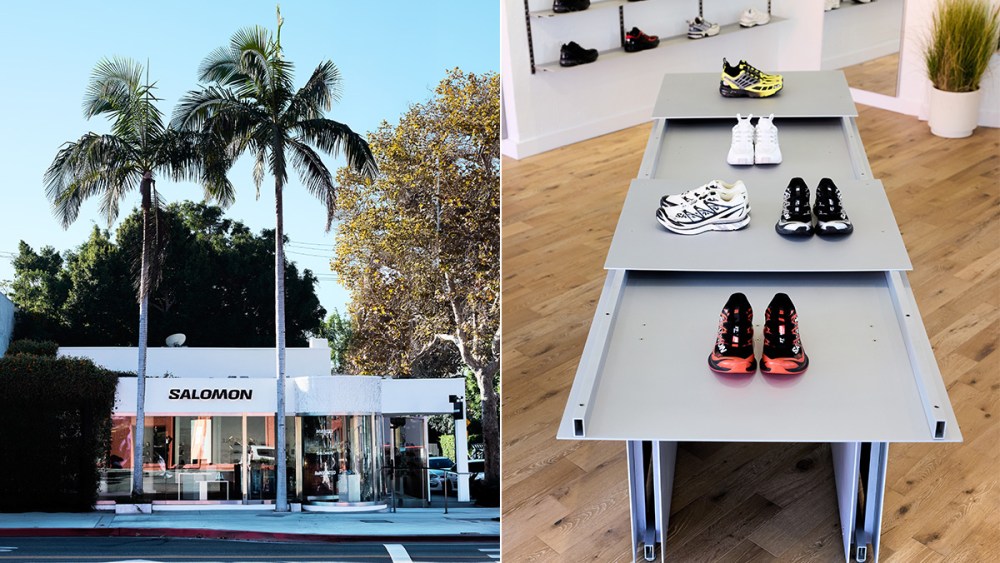LONDON — Compagnie Financière Richemont is considering its options after calling off a long-awaited deal to sell Yoox Net-a-porter to Farfetch and Alabbar; adopt Farfetch Platform Solutions tech, and open e-concessions for its luxury maisons on the Farfetch marketplace.
The agreement to sell a majority stake in YNAP to Farfetch would have realized Richemont chairman Johann Rupert’s vision of creating a shared e-commerce platform for luxury goods companies worldwide, and would have allowed Richemont to focus on brand-building rather than on tech.
The deal also would have allowed Richemont’s maisons to update their e-commerce operations using proprietary technology from Farfetch, and to sell via e-concessions on the retailer’s marketplace.
The deal had been set to complete by the end of December, and had already been approved by the U.K. and European Union regulatory bodies.
But it was not to be. Farfetch entered pre-pack administration this week and was purchased by the South Korean service provider Coupang, which gave it a cash injection of $500 million.
RELATED: Coupang to Rescue Farfetch, Injecting $500 Million Into Troubled Firm
On Monday, shortly after the Coupang announcement, Richemont said it will consider “alternative options” to pursue its realization of a neutral platform for luxury brands, and added it was “confident that its maisons will benefit from cutting-edge platform technology” going forward.
Although it did not mention Farfetch, it’s clear that Richemont plans to move ahead without any help from the troubled e-commerce platform.
YNAP, it said, continues to operate on its own technology. Richemont said it will be holding on to YNAP and plans to “reevaluate options for it to best harness its strengths and potential under new stewardship.”
Richemont had been eager to get moving on the Farfetch deal. It had already written down the cost of the disposal on its balance sheet, and Rupert was keen to tap into the know-how of founder and chairman José Neves and the Farfetch team for maisons ranging from Cartier to Chloé.
On Monday, shortly after Coupang and Farfetch announced their partnership, Richemont and Symphony Global, one of the investment vehicles of Mohamed Alabbar, terminated their agreements with Farfetch and said the deal “cannot complete.”
Richemont also said it was “reasonable to expect” that the $300 million in convertible senior notes issued by Farfetch Ltd. to Richemont in November 2020 “will not be repaid.”
The carrying value of the notes in Richemont’s accounts amounted to 218 million euros as of Nov. 30.
Richemont reiterated an earlier statement saying it had no financial obligations toward Farfetch, and does not envisage “lending or investing” into it.
It said the Richemont maisons continue to operate on their own platforms “and have neither adopted Farfetch Platform Solutions, nor launched e-concessions on the Farfetch marketplace.”
The deal was announced in August 2022 with much fanfare, and both companies saw their share prices climb following the announcement.
Upon completion, Richemont was set to hold a 49.3 percent stake in YNAP with Farfetch and Alabbar owning the rest. Over the next five years, Farfetch was expected to acquire the entirety of YNAP, subject to certain conditions.
At the time, Richemont and Farfetch said they planned to work together to accelerate the quality and global penetration of the Richemont brands online.
Rupert said many times the new alliance would realize his “long-standing goal of making YNAP a neutral, industry-wide platform, with no controlling shareholder.”
He believed the planned sale of YNAP to Farfetch would have allowed Richemont “to deliver on its global digital strategy” and, at the same time, “to focus on what it does best.”
The deal with Farfetch, he declared, was going to be “transformative for all of luxury, and not for a select few. It will transform big and small companies throughout Europe” by allowing them to set up shop online with help from tech-savvy Farfetch.
Neves, who expected the deal to double the gross merchandise value of Farfetch, argued that Farfetch’s tech was going to be “a game-changer for Richemont’s brands, and allow them to operate in a hybrid marketplace that is open to the entire industry.”



